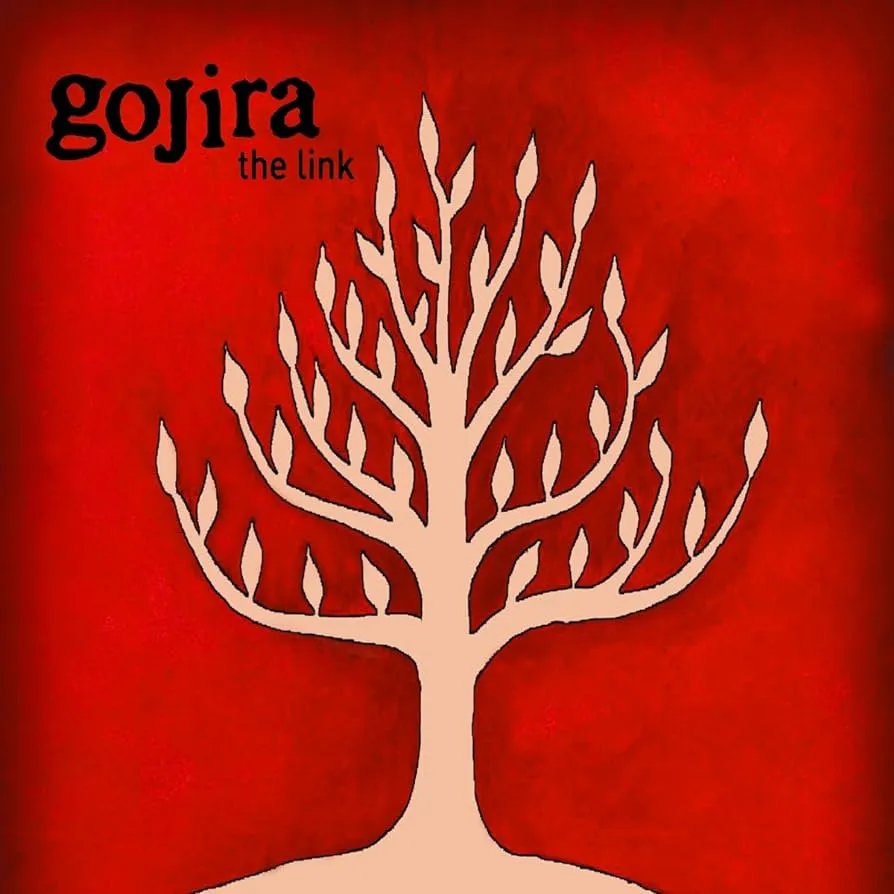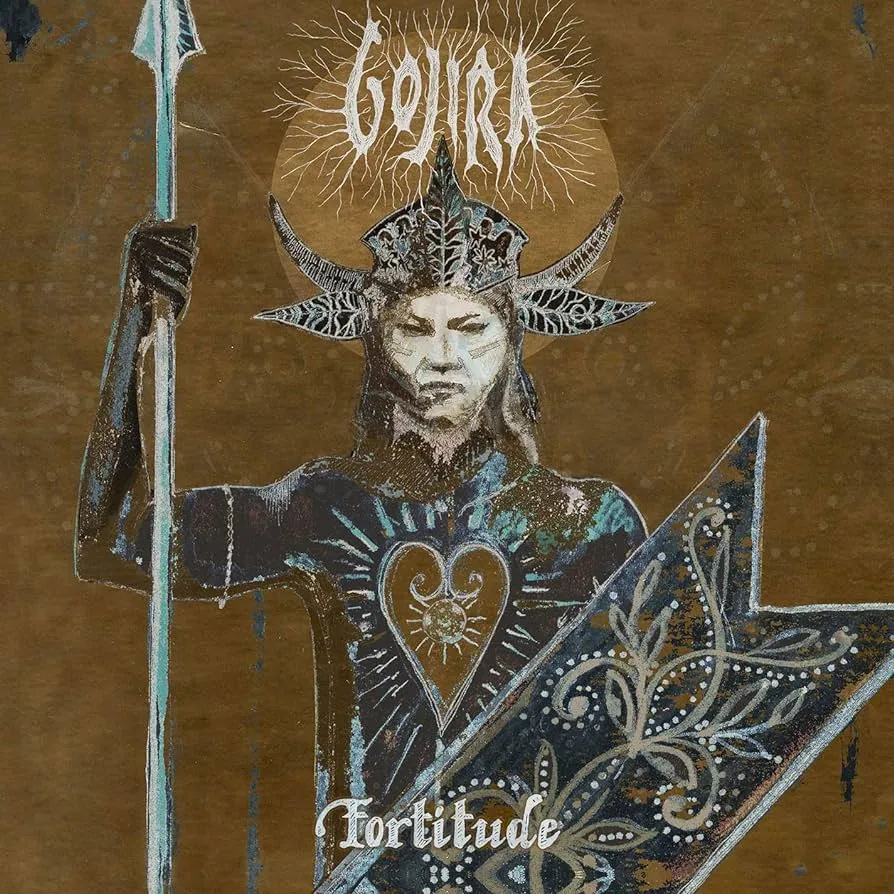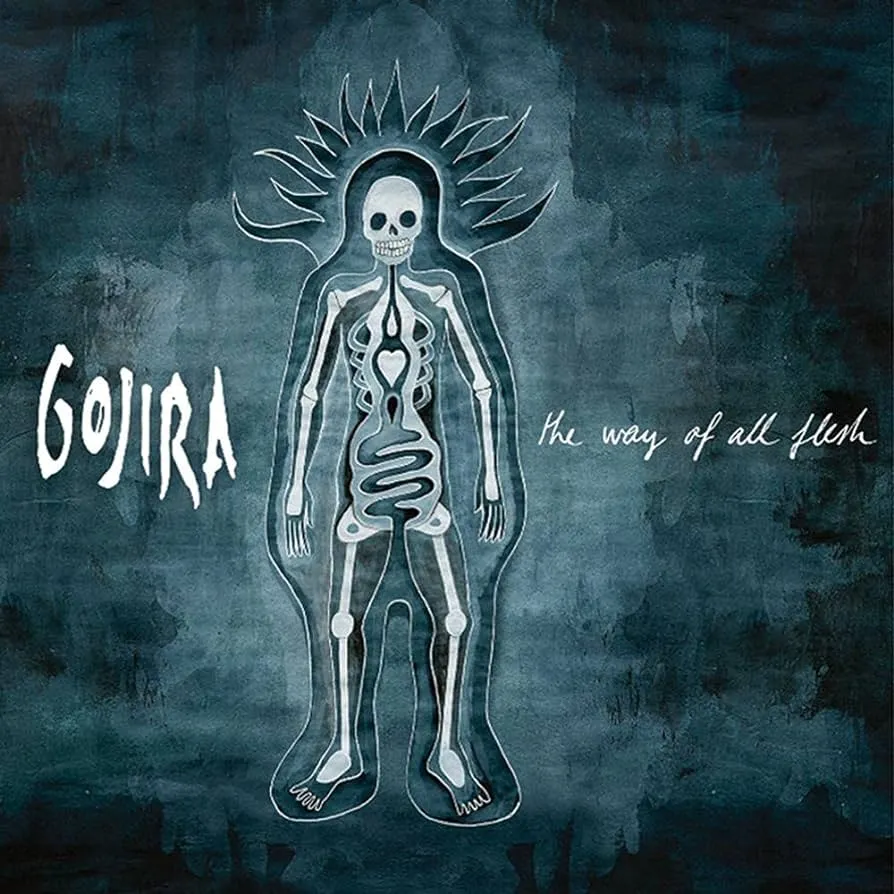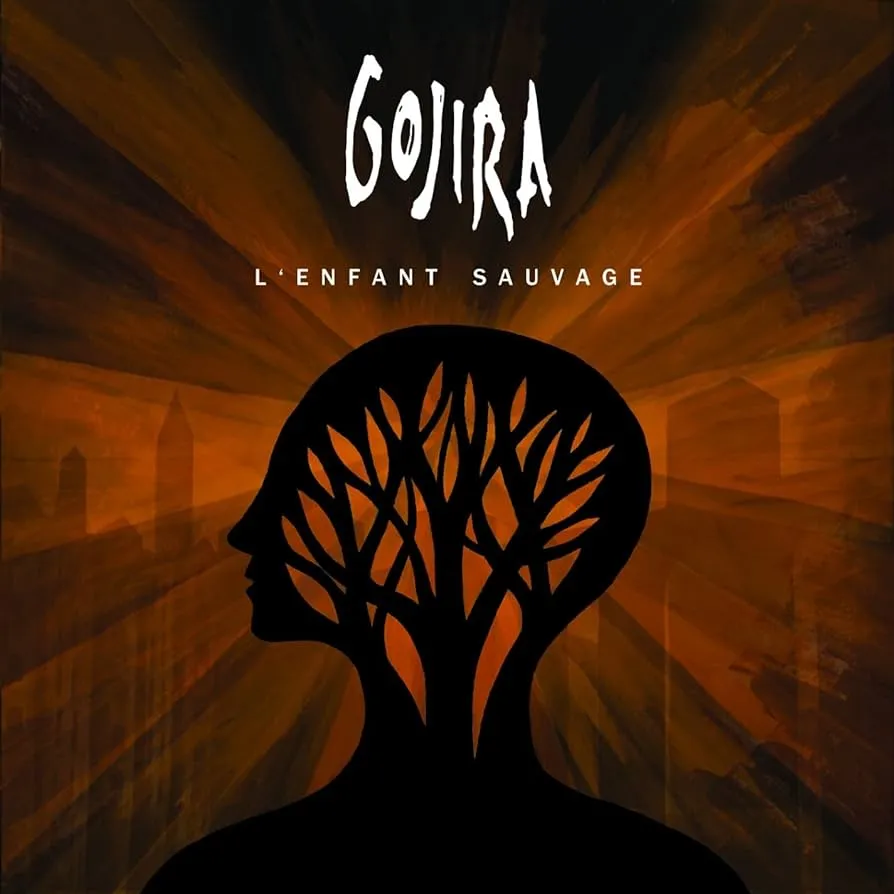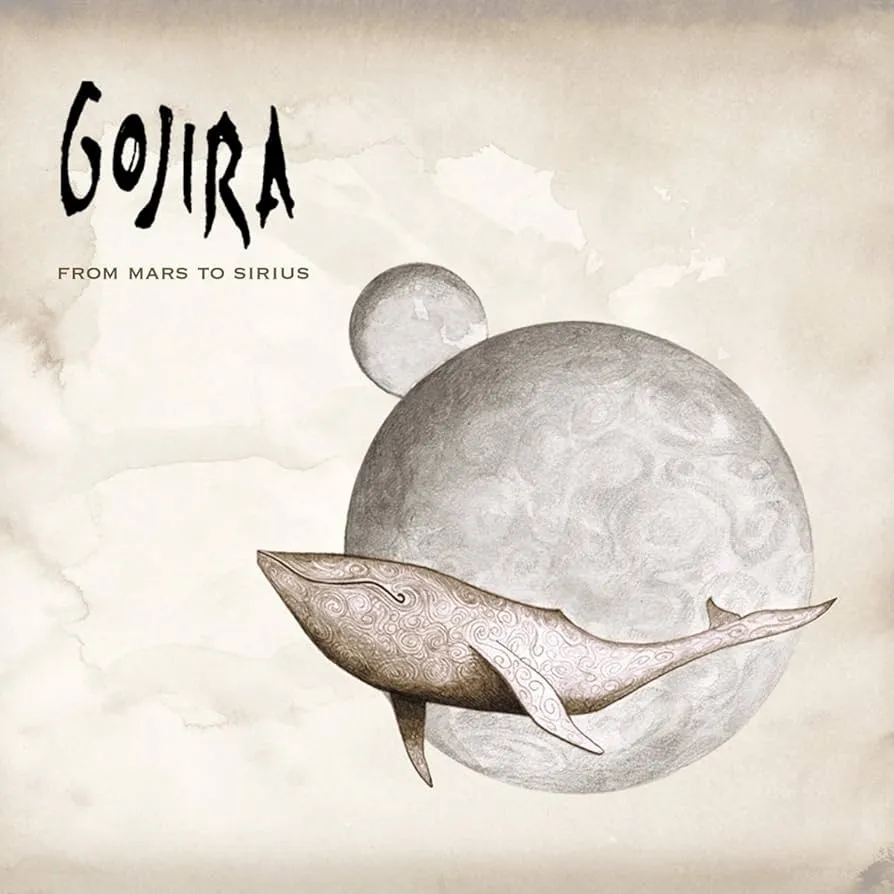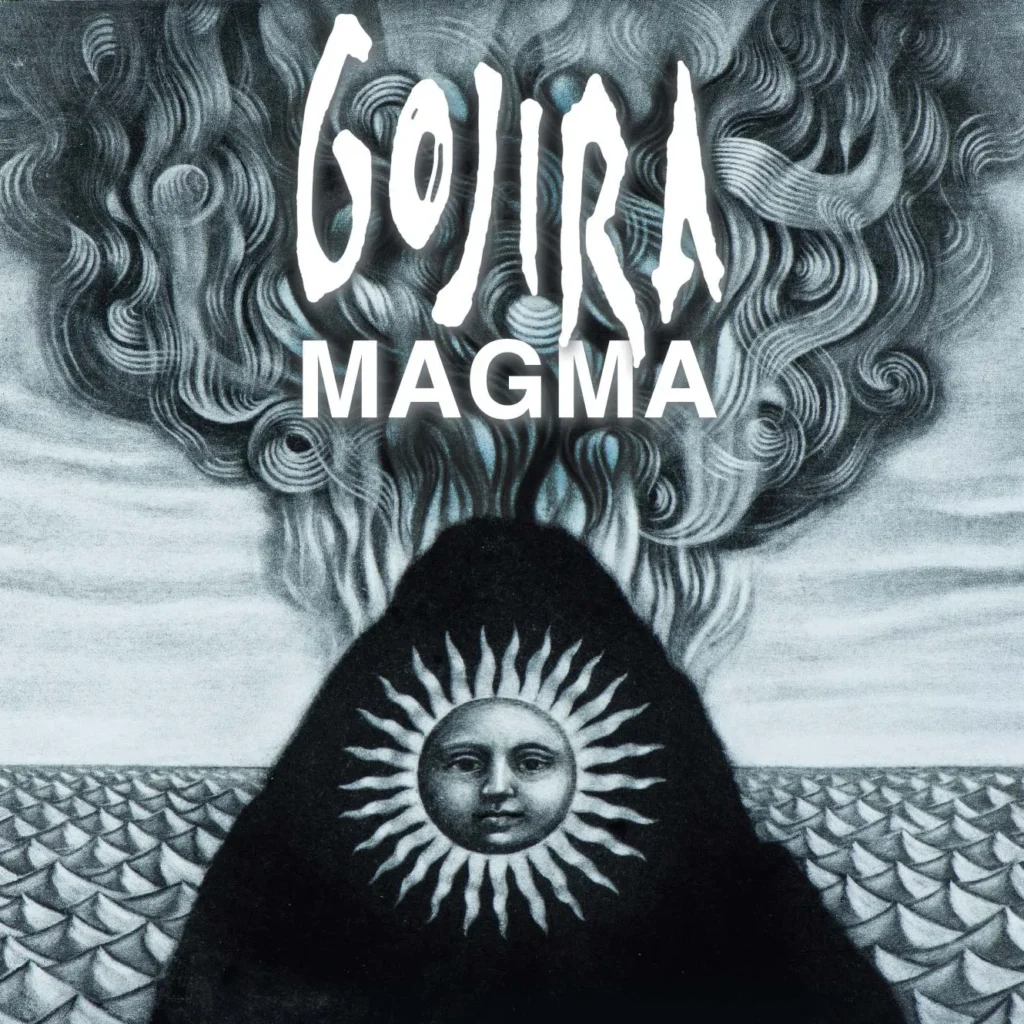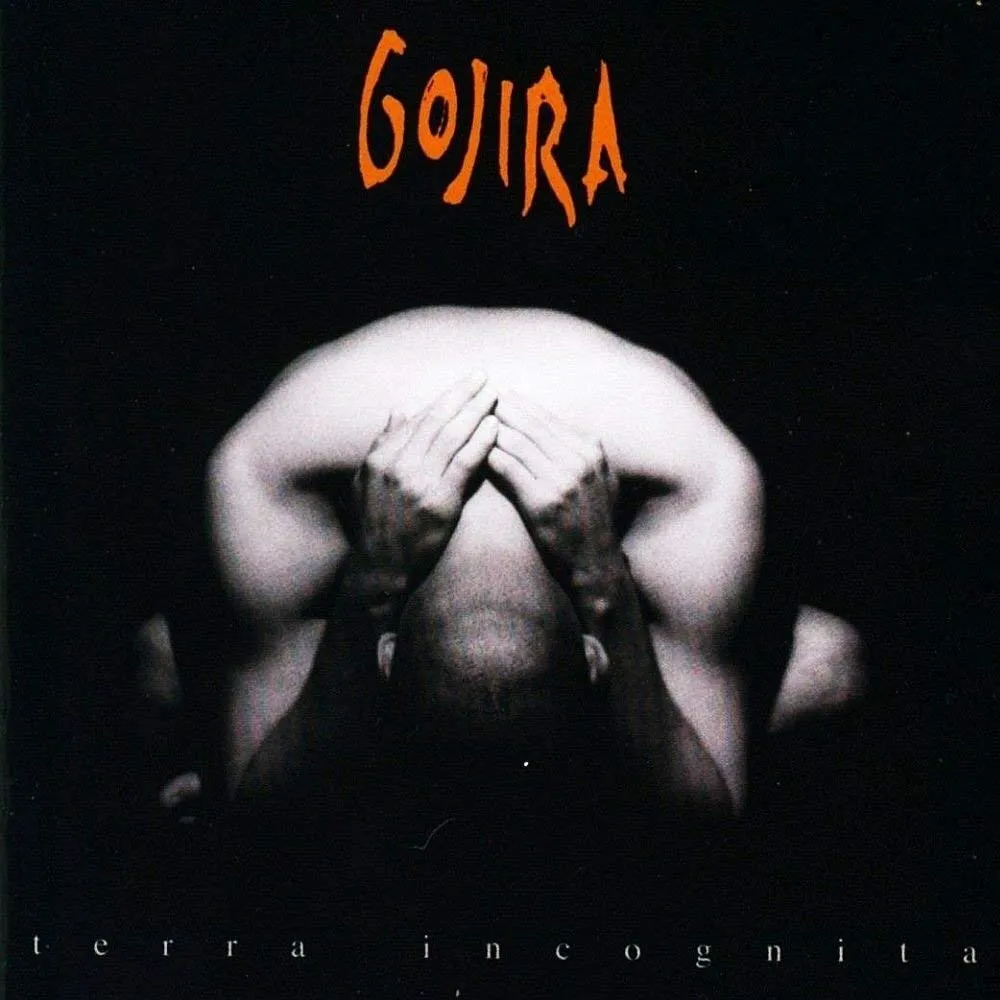Gojira Albums Ranked: from Worst to Best
Delving into Gojira Albums Ranked unveils a riveting journey through their discography, a band that has emerged from the serene landscapes of Bayonne, France, in 1996, to stand as a monumental pillar of progressive and technical death metal. This deep dive into their musical evolution from their establishment to their current status offers an insightful perspective on how brothers Joe Duplantier (vocals and guitar) and Mario Duplantier (drums), along with Christian Andreu (guitar) and Jean-Michel Labadie (bass), have transcended the boundaries of heavy music to become icons in the metal world.
Evolution of Gojira´s Discography:
The Evolution of Gojira’s Discography charts a remarkable journey through the band’s musical and thematic explorations, from their raw, early days in death metal to their progressive transformation that includes a deep dive into environmental and existential themes. Each album in Gojira’s catalogue not only showcases their technical mastery and compositional prowess but also reflects a band constantly evolving, pushing the boundaries of metal music while keeping and experimental vision.
Formative Surge (1996–2000)
In their initial phase, Gojira carved a niche within the death metal genre, distinguished by their intricate musical skills and awareness of environmental themes. Their first release, Terra Incognita, marked an important era in the band’s history, showcasing their ability to fuse powerful guitar work with complex time signatures and lyrical substance.
Progressive Evolution (2001–2005)
During this period, Gojira ventured into a more nuanced sound with albums such as The Link and the critically acclaimed From Mars to Sirius. The latter, in particular, stands out in discussions about the band’s discography, celebrated for weaving together narratives on nature’s plight with a sophisticated mix of harsh and melodic sounds.
Innovative Expansion (2006–2012)
This phase saw Gojira exploring further into the realm of progressive metal, with releases like The Way of All Flesh and L’Enfant Sauvage. Renowned for their polished vocal techniques and detailed musical compositions, these albums underscore the band’s ambition to explore new artistic directions and expand their sonic landscape.
Matured Mastery and Global Recognition (2012–Present)
Recent works, including Magma and Fortitude, reflect a period of introspection and musical growth for Gojira. The introspective Magma delves into themes of personal loss, while Fortitude explores the concept of perseverance, both exemplifying the band’s prowess in combining emotive storytelling with their signature heavy sound.
Gojira Album Tier List
Gojira has consistently expanded the horizons of metal, engaging listeners with profound reflections on the natural world and our place within it. Their journey from the depths of death metal to the forefront of progressive innovation is a testament to a band that remains as dynamic and impactful as the ecosystems they aim to protect. As a key figure in the metal genre, Gojira’s ongoing evolution and commitment to their art make them a seminal subject in discussions about Gojira Albums Ranked. We are going to cover this debate using the Tier List format so as to classify all of their albums. Let´s delve into the Gojira Album Tier List and rank them all!
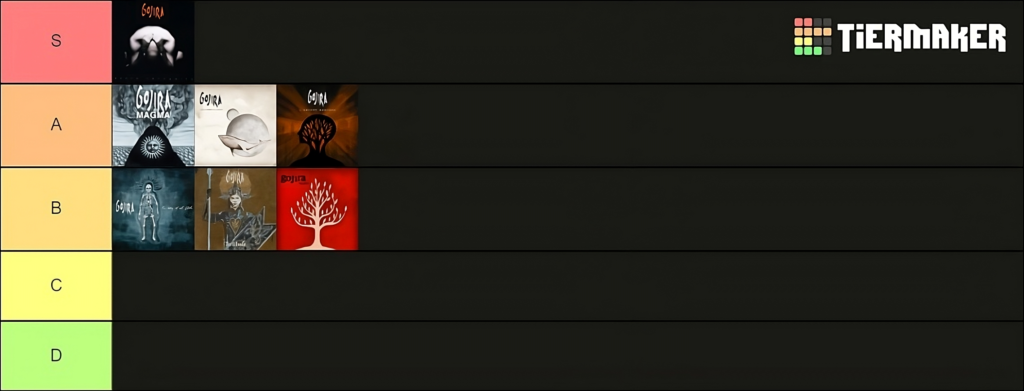
Ranking of all Gojira Albums
Let´s find out which is the best Goijira album.
The Link – 7º
The Link Gojira’s sophomore effort, emerges from a unique period in the band’s evolution, representing both a continuation and a divergence from their debut album, Terra Incognita. Released in 2003, this album encapsulates a moment of experimentation and exploration for the band, offering a glimpse into their creative process during a time when they were still forging their identity within the metal landscape.
The making of The Link was characterized by a heavy jamming session ethos, reminiscent of the spontaneity and raw energy found in Terra Incognita. Yet, despite this shared spirit, The Link feels as if it wanders through a less inspired territory compared to its predecessor. The album is marked by its experimental features, a bold endeavor by Gojira to push the boundaries of their sound and to explore new musical dimensions. However, this experimentation seems to come at the cost of cohesion. The tracks, while individually compelling, often feel disconnected from one another, making it a challenging album to engage with in its entirety. This lack of cohesion is not necessarily a flaw—after all, not every album’s mission is to present a unified narrative—but it does make the listening experience more sporadic, requiring a certain mood to fully appreciate the journey.
The production of The Link also plays a significant role in shaping the listener’s experience. The guitars, an essential component of Gojira’s sonic assault, lack the enveloping warmth and presence found in other albums. This production choice, whether intentional or not, adds to the album’s experimental nature but also distances the listener from the immersive experience typically associated with Gojira’s music.
Despite these critiques, The Link holds a peculiar place in Gojira’s discography and in the hearts of their fans. It is an interesting album that captures a band in flux, experimenting with their sound and exploring new artistic avenues. The album’s release at a juncture moment for Gojira, as they were gaining traction and beginning to make a name for themselves on the international stage, adds to its significance. It reflects the band’s willingness to take risks, to evolve, and to not simply rest on the laurels of their debut’s success.
Fortitude – 6º
Fortitude, Gojira’s 2021 release, initially struck me as a puzzle wrapped in an enigma. My first impressions led me to believe this was a simpler album, perhaps lacking a clear direction. However, with each subsequent listen, the album’s true essence began to unfurl, revealing a meticulously crafted experience that defied my initial skepticism. Fortitude is a testament to Gojira’s ability to evolve and surprise, even when you think you’ve pinned down their sound.
This album stands out for its roundness, an auditory journey marked by experimental flair and elements borrowed from exotic cultures. It’s as though each track has been imprinted with its own unique signature, contributing to the album’s diverse soundscape. The use of unconventional instruments and influences is not just for show; it’s a deliberate choice that enriches the album’s texture and depth, making the listening experience a journey through uncharted territories.
Labeling Fortitude within a specific genre becomes a challenge, as Gojira transcends traditional boundaries to create something that feels entirely new. The album blends the heavy and the harmonic, the familiar and the foreign, in ways that defy easy categorization. Despite this genre-defying approach, the album resonates deeply, offering a cohesive and enjoyable experience from start to finish. It’s a bold exploration that pays off, showcasing Gojira’s willingness to experiment and push the limits of their musical expression.
While Fortitude may not be punctuated by those towering, epic moments found in some of Gojira’s other works, it doesn’t detract from the album’s impact. Instead, it embraces a more subdued intensity, a sort of controlled chaos that feels both refreshing and deliberate. This isn’t an album designed to overwhelm but to engage, inviting listeners to immerse themselves in its nuanced layers and discover the subtle intricacies woven throughout its tracks.
In essence, Fortitude is a surprising revelation, a chilled-out album that doesn’t shy away from experimentation or complexity and do not fear other heavier albums.
The Way of All Flesh – 5º
When it comes to The Way of All Flesh, Gojira’s offering to the metal gods, it’s clear this album doesn’t shy away from pushing boundaries. Despite its considerable acclaim and the evident passion poured into its creation, my journey with this album has been, to put it mildly, complex. It’s like standing at the edge of a cliff, appreciating the sheer force of the waves below while feeling uneasy about the drop.
Let’s talk instrumentation and vocals—two pivotal elements in any album. Gojira, known for their ability to mesh the raw with the refined, takes a bold leap here. However, this time, the industrial soundscapes paired with metallic vocals somehow miss the mark for me. It’s as if the band set out to chart unexplored territories but ended up in a no-man’s land that neither complements their inherent aggression nor satisfies a craving for melodic coherence.
Jazz, with its rich tradition of improvisation and emotional depth, makes a cameo in Gojira’s metal saga. Yet, this fusion feels more like a missed connection than a meaningful conversation. It’s akin to having all the right ingredients but ending up with a dish that doesn’t quite tantalize the taste buds. This isn’t to say experimentation should be frowned upon—far from it. It’s just that here, the execution doesn’t live up to the ambition, leaving listeners like me flipping through songs in search of that elusive Gojira magic.
But it’s not all stormy weather. “The Art of Dying” stands as a beacon, a track that not only redeems the album but elevates it. It’s where everything that Gojira aims for with this album—complexity, intensity, and depth—comes to fruition. In this track, the band finds a perfect storm, blending their signature sound with the experimental flair that the rest of the album reaches for. It’s a reminder of why, despite my reservations, I keep coming back to this album. There’s always that chance of stumbling upon a piece of music that stops you in your tracks, and “The Art of Dying” is that moment in “The Way of All Flesh.”
L´ Enfant Sauvage – 4º
L’Enfant Sauvage, released in 2012, stands as a pivotal moment in Gojira’s illustrious career, showcasing the band’s ability to channel their ferocity into a meticulously crafted sonic experience. Known for its title track, one of the most celebrated pieces in Gojira’s arsenal, the album offers listeners almost an hour of unbridled anger and raw soundscapes. Yet, it distinguishes itself by weaving together calmer tracks with its heavier counterparts, demonstrating a masterful balance that few bands can achieve.
This album serves as a testament to Gojira’s evolving sound. Moving slightly away from the relentless intensity of their earlier works, L’Enfant Sauvage integrates moments of tranquility amidst its storm, creating a dynamic listening experience that captures the full spectrum of human emotion. It’s this juxtaposition of calm and chaos that not only defines the album’s unique character but also mirrors the dual nature of its title, which translates to “The Wild Child.” Here, Gojira explores the theme of untamed spirit and innate innocence corrupted by the modern world, a narrative thread that adds depth to the auditory assault.
However, the album’s ambitious scope is a double-edged sword. The length and intensity of L’Enfant Sauvage can, at times, feel overwhelming, making it a challenging endeavor to remain fully engaged from start to finish. The abrasive quality that gives the album its edge also demands a certain mood and mindset from the listener, contributing to its polarizing nature. Despite this, it’s impossible to deny the craftsmanship and passion embedded in each track, qualities that have cemented Gojira’s place in the metal pantheon.
In the grand tapestry of Gojira’s discography, L’Enfant Sauvage is a solid album that showcases the band’s maturation and their adeptness at blending the visceral with the vulnerable. While it may test the listener’s endurance with its length and ferocity, the album ultimately rewards those who embark on its journey with a rich, multifaceted experience.
From Mars to Sirius – 3º
From Mars to Sirius, Gojira’s 2005 masterpiece, stands as a monumental work in their discography, embodying a radical departure towards a more progressive and layered sound. This album is celebrated not just as a collection of songs, but as a great concept album with immense depth, weaving a narrative that stretches from the depths of the ocean to the vastness of space. Gojira’s ambition to craft an album that transcends traditional metal boundaries is evident in the complexity of its composition, making it a cornerstone in progressive metal.
On this occasion, Gojira’s approach to their music was revolutionary. They added numerous layers and sections to their sound, creating an intricate tapestry of heavy, yet melodically rich music. “Flying Whales”, the album’s most renowned track, serves as a perfect exemplar of this evolution. Not only is it one of the best tracks, in my opinion, but it also encapsulates the essence of the album—massive, moving, and mesmerizing.
The production of From Mars to Sirius is a masterclass in capturing the band’s ferocity and raw fury. It meticulously crafts a sonic landscape that mirrors the album’s thematic ambitions, from environmental decay to the quest for a new home among the stars. The richness in the melodies and rhythms perfectly complements the ferocious vocals and gutturals, creating a cohesive yet dynamic experience that resonates with the listener on a profound level.
What sets From Mars to Sirius apart is its authenticity. It’s an album that sounds genuine, unafraid to delve into complex themes and experiment with its musical direction. Every track hits hard, not just in terms of its heavy instrumentation but also in the emotional and philosophical weight it carries. This album doesn’t just aim to entertain; it seeks to challenge and inspire its listeners, making them ponder their place in the universe and their relationship with the natural world.
Magma – 2º
Magma, Gojira’s 2016 masterpiece, resonates deeply with me, particularly as the perfect companion to gym sessions. However, to fully appreciate this album’s genius, one must consider its broader context and the poignant concept at its core. Crafted amidst personal tragedy—the loss of the Duplantier brothers’ mother—Magma stands as a profound exploration of grief and healing. This emotional underpinning lends the album a palpable intensity, making it more than just a collection of songs; it’s a cathartic journey.
Tracks like “Silvera,” “Stranded,” and “Only Pain” are showcases for what I consider to be some of the sickest riffs Gojira has ever produced. These tracks encapsulate the essence of “Magma”—dark, emotionally charged, and bursting with an energy that’s as furious as it is controlled. The album navigates through a landscape of fury and emotions, presenting a listening experience that’s deeply immersive and profoundly impactful.
What I particularly value about Magma is its ability to maintain heaviness without relying on speed. It’s a testament to Gojira’s musical prowess that they can create an album so heavy and dark yet accessible. This accessibility doesn’t dilute the album’s impact; instead, it broadens its appeal. Magma serves as an excellent introduction for those new to metal music, offering a gateway into the genre without overwhelming newcomers with the pace but drawing them in with its depth and intensity.
Magma offers a nuanced exploration of grief and loss, themes that resonate throughout the album, adding layers to its heavy foundation. This emotional depth, combined with its unique approach to metal, sets Magma apart as not just an album for intense physical workouts but for introspective journeys as well. It’s an album that invites listeners to explore their own depths, driven by the pulse of Gojira’s powerful yet introspective compositions.
In conclusion, Magma is more than just a collection of tracks; it’s a holistic experience that marries the power of metal with the profundity of emotion. Its ability to offer a dark, fury-charged experience while remaining accessible makes it a standout album, not only for metal aficionados but also for newcomers to the genre.
Terra Incognita – 1º
Terra Incognita, Gojira’s groundbreaking debut, stands not merely as an introduction to their innovative sound but as the apex of their musical journey. Released in 2001, this album boldly declared Gojira’s presence in the metal scene, setting a standard that, while they have continued to innovate and excel, remains unmatched in its raw power and visionary execution. The title, Latin for “unknown land,” aptly encapsulates the pioneering spirit of the album, marking it as Gojira’s most daring and foundational work.
The primal energy encapsulated in tracks like “Clone” and “Blow Me Away You(Niverse)” is unparalleled in its intensity and complexity. Here, Gojira established their signature blend of technical mastery and raw aggression, a combination that would define their sound but never again be captured with such visceral immediacy. The album’s intricate arrangements and the nascent exploration of environmental themes showcase a band already pushing the boundaries of what metal could be, combining brute force with an introspective quest for meaning.
Terra Incognita distinguishes itself within Gojira’s discography through its unparalleled rawness and potential. This isn’t just an album; it’s a statement of intent, a raw manifestation of energy and ideas that would be refined in later works but never surpassed in their original potency. The sheer ambition and daring displayed in blending aggressive metal with complex philosophical musings set a high bar for the band’s future endeavors.
Moreover, the significance of Terra Incognita extends beyond its musicality to its role in metal history. It introduced a sound that was both deeply rooted in the genre’s traditions and boldly innovative, signaling the arrival of a band that would challenge and redefine metal’s boundaries. This album is a proof to Gojira’s foundational vision and their relentless pursuit of innovation, laying the groundwork for a career characterized by evolution and genre-defying creativity.
Reflecting on Gojira’s body of work, Terra Incognita emerges as the quintessential Gojira album. Its blend of aggressive metal with thought-provoking themes and technical excellence not only set the stage for the band’s future but also established a legacy that would influence the metal genre as a whole. This album, more than any other, encapsulates the essence of Gojira’s identity and remains a vital listen for anyone seeking to grasp the full breadth of their musical journey.
Concluding Gojira Albums Ranked
In conclusion, Gojira’s albums cannot be neatly ranked from worst to best because each represents a vital piece of a much larger narrative. Their evolution from the aggressive undertones of their early work to the sophisticated, thematic compositions of their later albums underscores a band that is not just growing musically but evolving with a message. In the landscape of progressive metal, Gojira emerges not merely as musicians but as artists and environmental advocates, wielding their platform with a profound sense of purpose and responsibility.

